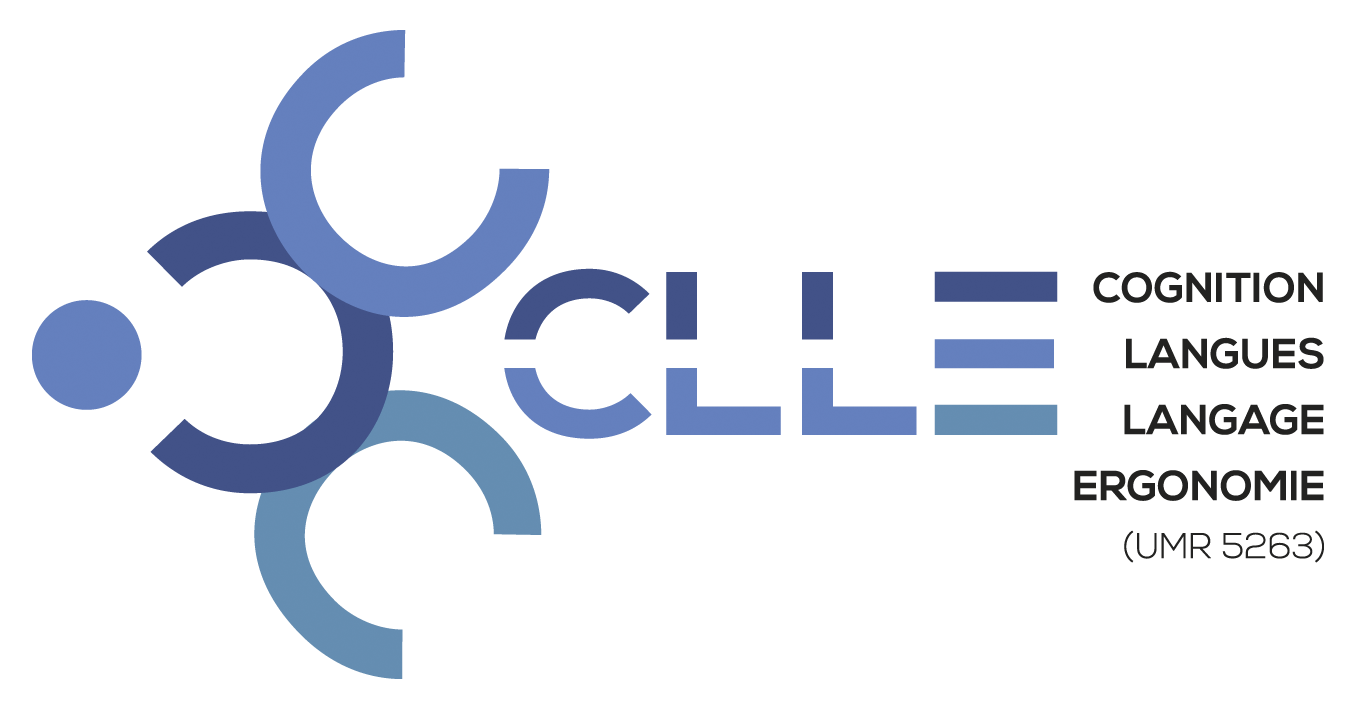-
Partager cette page
Economic Distress and Populism: Examining the Role of Identity Threat and Feelings of Social Exclusion
Publié le 8 juin 2022 – Mis à jour le 29 juin 2022
Political psychology

Authors : Efisio Manunta (CLLE), Maja Becker (CLLE), Matthew J. Easterbrook, Vivian L. Vignoles
Populism has been a major political phenomenon in liberal democracies throughout the last decade. Focusing on economic distress as one of the basic triggers of populism, we proposed a model integrating individual-level indices of economic distress and status-based identity threat (i.e., frustration of identity motives) as predictors of populism. We conducted two survey studies operationalizing populism as an individual-level thin ideology among members of the general French population (Study 1: N = 458; Study 2: N = 1,050). Structural equation models supported status-based identity threat as a partial mediator in the links between indices of relative deprivation and populism (Study 1). Additional analyses revealed frustrated belonging (i.e., feelings of social exclusion) as the central identity motive in this pattern. Reproducing the same model with belonging frustration instead of global-identity motive frustration gave similar results (Studies 1 and 2). These findings provide the first evidence implicating identity threat—and belonging threat in particular—in the development of populist thin ideology and showed how identity motives are related to the economic distress pattern that predicts populism.
Lien vers la publication





